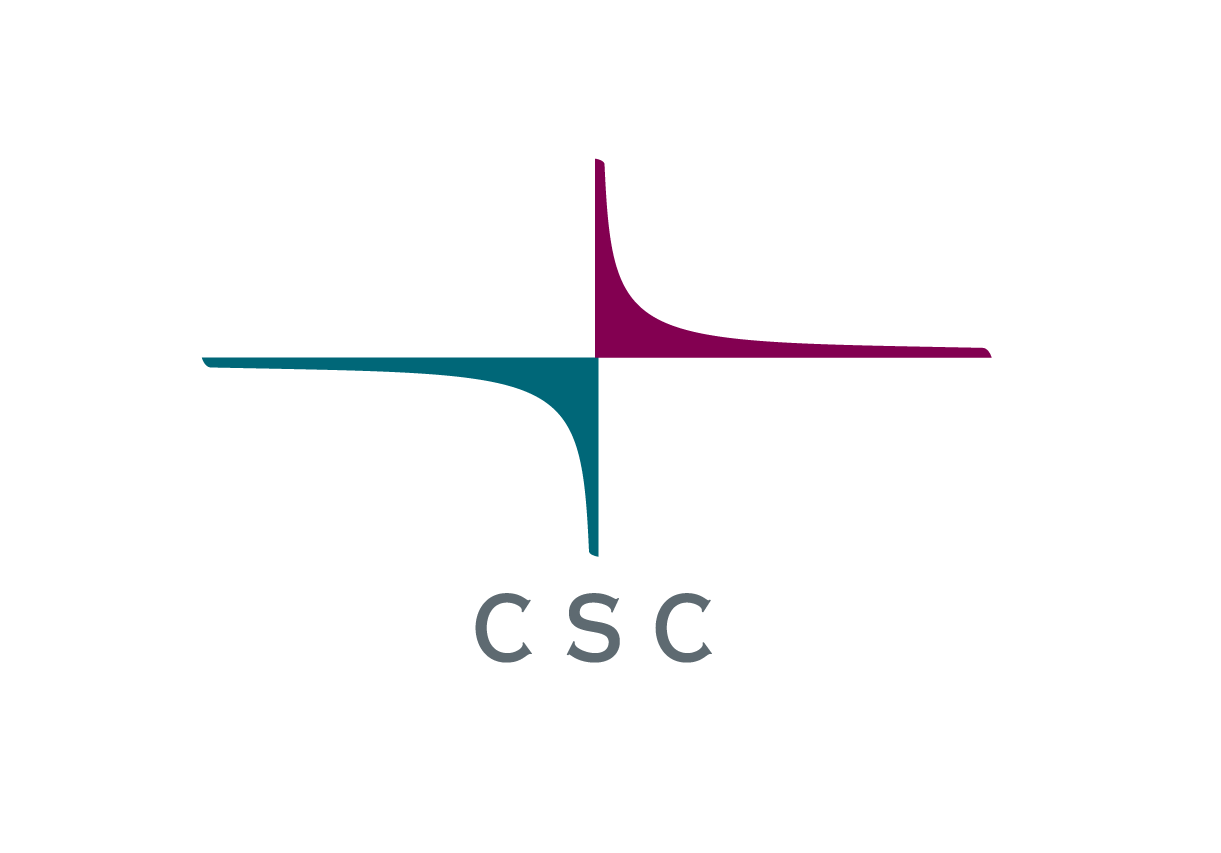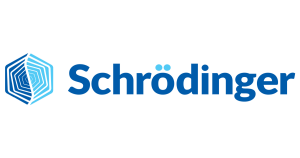Welcome to Schrödinger Maestro workshop at CSC! This year's workshop focuses on small molecule drug discovery and drug formulation with Schrödinger Maestro software suite. No prior simulation experience is required. The focus will be on hands-on experience and application.
It's possible to participate on-site at CSC premises in Espoo, or join via Zoom (link provided for registered participants). Registration is required, but the event is free of charge both on-site and on-line.
DAY 1: Wednesday, December 4th 2024
Small molecule drug discovery part I: Computational modeling can support and enhance various
stages of the drug discovery and design process. The Maestro interface contains all the tools
needed to import and prepare your starting small molecule and protein system, and provides
access to the computational tools within the Schrödinger suite for life sciences.
In this session we will go through the necessary steps to prepare ligand and protein structures.
We will then explore ligand design in an automated fashion using the Ligand Designer GUI,
which facilitates on-the-fly ideation through 'build and dock' workflows. Finally, we will set up and
run docking calculations with Glide, and analyze how the resulting docked compounds satisfy
the basic criteria of shape and molecular interactions that lead to the final Glide scoring term.
Drug formulation part I: A smart, strategic drug formulation can efficiently advance your drug
development projects and inform downstream processes. Simulations can help selecting and
combining the right formulation ingredients in the appropriate manner.
In this session, we will introduce our Materials Science Suite for materials science applications,
demonstrating the tools available for pharmaceutical formulations and drug development
processes. We will guide you through building systems, running molecular dynamics
simulations, and calculating the miscibility of active pharmaceutical ingredients (APIs).
DAY 2: Thursday, December 5th 2024
Drug formulation part II: In this session we will focus on extracting key properties and
information from simulations of various formulations. Prediction of chemical and physical
stability of formulations in storage conditions are pivotal for understanding a product’s shelf life.
In particular, prediction of the glass transition temperature (Tg) for APIs and mixtures is an
important indicator of thermodynamic stability in the solid state and a relevant information for the
manufacturing process. Similarly, predicting the tendency for a formulation to uptake water at
certain humidity conditions is important for knowing its behaviour and stability in different
storage conditions. Using MS Maestro and the tools available in the MS Suite, we will calculate
Tg and hygroscopicity of APIs and API/polymer mixtures.
Finally, we will introduce Coarse Grained simulations, useful for describing those complex and
evolving structures, often in fluid states, that play a crucial role for API delivery.
Small molecule drug discovery part II: By studying the dynamics of a molecular system in a
thermodynamic environment, we can investigate processes such as protein folding,
protein-protein or protein-ligand interactions, and gain new structural insights for drug discovery
and design. In this session we will learn how to set up, run and analyze the results of an
unrestrained all-atom molecular dynamics simulation using Desmond and Maestro. We will
focus on a protein-ligand complex and go through different ways and tools to analyze a
simulation. The analysis will improve our understanding of the binding pocket and the
interactions between protein and ligand.
Preparation
All material for the workshop will be provided on the day. It is recommended that beginners watch
the "Getting going with Maestro/MS Maestro" video series to familiarize themselves with the interfaces of the Schrödinger suite for life science and material science, respectively. In addition, it may be helpful to watch this video on YouTube to get an introduction to the basic concepts of molecular dynamics, as they will be covered only briefly in the workshop.
Note, if you participate remotely, you need to install Maestro locally yourself. The same applies if you intend to use your own laptop on-site instead of provided workstations. If you're an academic user affiliated with a Finnish higher-education institute, see our Maestro page in Docs CSC for installation instructions, as well as general details on using Maestro in CSC's computing environment.
Also, if you want to run parallelized jobs using CSC resources, you'll need a CSC account and membership in a project that has access to Puhti before the workshop. Please consult Docs CSC on how to create an account and join a project.
Agenda and Times
Day 1
09:30 Set up time
09:45 Welcome
10:00 Intro to Maestro, protein preparation and studying the binding site
12:00 Lunch
13:00 Designing ligands with the Ligand Designer and docking with Glide
15:00 Introduction to Schrodinger Materials Science
15:30 Intro to MS Maestro
16:00 Building all atom systems and running simple MD workflows
17:00 Additional Q&A, closing
Day 2
09:30 Setup & welcome
09:45 Desmond on CSC
10:15 Solid formulations properties
12:00 Lunch
13:00 Structured liquids and introduction to CG simulations
14:00 Going to larger systems: MD simulation of a protein-ligand complex
15:30 Additional Q&A, Closing


